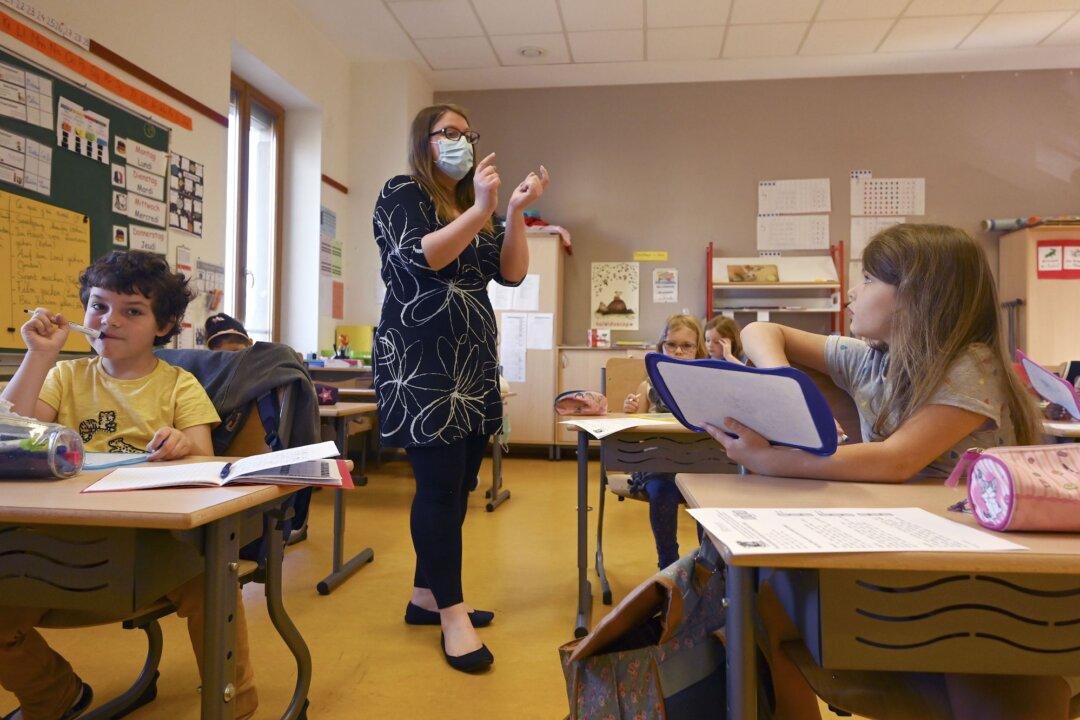Amid the debate over reopening the nation’s schools, a group of education and health experts argued that it is both essential and feasible to allow young children, particularly elementary school students, to physically return to classrooms in fall.
In an article published in the New England Journal of Medicine Wednesday, Harvard University’s education professor Meira Levinson, along with infectious diseases scientist Muge Cevik and epidemiologist Marc Lipsitch, wrote that safely reopening schools full-time for all elementary-school-age children should be made “a top national priority.”





